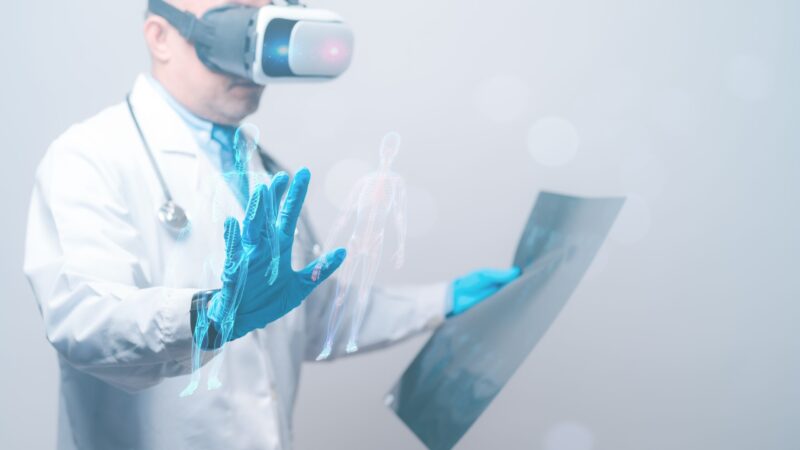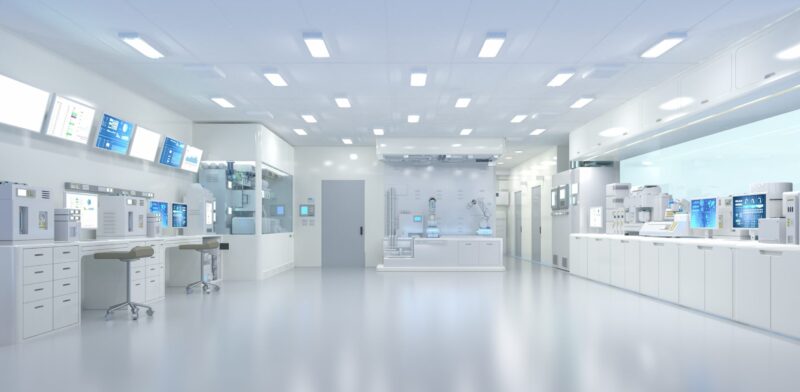
This site
is mobile
responsive

The evolution of Malaysia’s medical devices industry is marked by significant milestones that reflect its growth, well-supported by a diverse ecosystem. In the early 1980s, the industry focused on rubber-based products, driven by the global demand surge, during which Malaysia leveraged its position as a major producer of natural rubber. The 1990s saw the industry diversifying into consumable products such as syringes, catheters, infusion tubing, autoinjectors and wound management products. These activities were identified as high value-added under the Third Industrial Master Plan (IMP3), with Malaysian companies striving to become key exporters. The medical devices industry took an advantageous shift in the 2010s, embarking into advanced medical device products namely surgical implants, pacemakers and angioplasty balloons reinforced by the Eleventh Malaysia Plan (11MP) and the New Industrial Master Plan (NIMP) 2030 as a high growth and developing sector.
Before 2014, the term “Industry 4.0” was practically non-existent through internet searches (McKinsey & Company, 2022). However, the term gained popularity in 2018 following the launch of the global Lighthouse Network by the World Economic Forum. This game-changing technology is rapidly shaping the industry landscape through disruptive technologies, namely connectivity, analytics and intelligence, human-machine interaction, and additive manufacturing. Malaysia recognises the enormous benefit of Industry 4.0 in uplifting the Malaysian manufacturing and services sectors and has followed suit by launching the 2018 National Policy of Industry 4.0.
Smart manufacturing and the implementation of industrial IoT networks and robotics have increased the demand for highly skilled and knowledge workers. Employment of data scientists, data analysts, IoT and robotics engineers, technicians, and cybersecurity specialists are now essential, creating more high-income jobs with the necessary skill sets to foster positive economic growth. This transformation helps reduce dependency on low-skilled and foreign labour, increases higher-level automation, and enhances skills among the local workforce, aligning with the national frameworks. This strategy also supports Malaysia’s international commitment to achieving the global goals set under Environmental, Social, and Governance (ESG) and the United Nations’ Sustainable Development Goals (SDGs) initiatives.
In the medical device sector, the readiness to embrace Industry 4.0 varies widely by region and company, with some making significant strides while others are still in the early stages of adopting Industry 4.0 technologies. Malaysia’s role as a hub for global medical device companies makes it well-poised to adopt these technologies. This adoption can lead to several transformative changes in the value chain and the medical device ecosystem in Malaysia. For instance, in the point-of-care devices segments, there is a paradigm shift towards integrating Industry 4.0 to allow remote-based monitoring applications. This method fosters patient engagement and self-testing, encouraging individuals to take an active role in their healthcare by providing access to health information, self-management tools, and personalised health tracking, ultimately promoting a healthier lifestyle. The introduction of technologically advanced products such as an insulin management pod integrated with Bluetooth capabilities provides wearers with continuous real-time glucose monitoring through their smart devices and signals insulin delivery on demand when required.

Looking ahead, there is a clarion call for the manufacturing sector to shift to higher value-added processes, advanced manufacturing technologies and efficient resource utilisation to drive competitiveness moving forward. Manufacturers of innovative medical devices incorporating Industry 4.0 elements and undergoing digital transformation to commercialise new products are supported by the Malaysian Government via schemes such as the Industry4WRD Intervention Fund grant and Automation Capital Allowance (Automation CA) incentives. These schemes have helped address labour shortages and increase process automation. The Automation CA incentive, introduced in the National Budget 2015 and further extended in the National Budget 2024, encourages higher-level automation including Industry 4.0. in manufacturing processes. Under this incentive, manufacturers or service providers are eligible for a 200% allowance on the first RM10 million of expenditure incurred in the year of assessment from 2023 and 2027. Meanwhile, previously the Industry4WRD Intervention Fund grant announced in the National Budget 2019 has benefited 401 companies including eight (8) medical devices players. These companies have upgraded their production facilities by integrating connectivity through industrial Internet-of-Things (IoT) and deploying Manufacturing Execution Systems (MES) and Enterprise Resource Planning (ERP).
As the medical devices industry continues to evolve, the adoption of automation and Industry 4.0 will be key in maintaining competitiveness and achieving sustainable growth in the global market. A robust technological infrastructure, sound financial resources, availability of skilled workforce, efficient cybersecurity, collaborative ecosystem and strong regulatory environment are key factors that will ensure a successful Industry 4.0 journey for manufacturers. This dynamic manufacturing sector, bolstered by the adoption of Industry 4.0 would further position Malaysia as a major player and a primary destination for smart manufacturing globally and attract more high-tech investments.
To learn more about the Medical Devices industry in Malaysia, please contact Life Sciences & Medical Technology Division at https://www.mida.gov.my/staffdirectory/life-sciences-medical-technology-division/.
